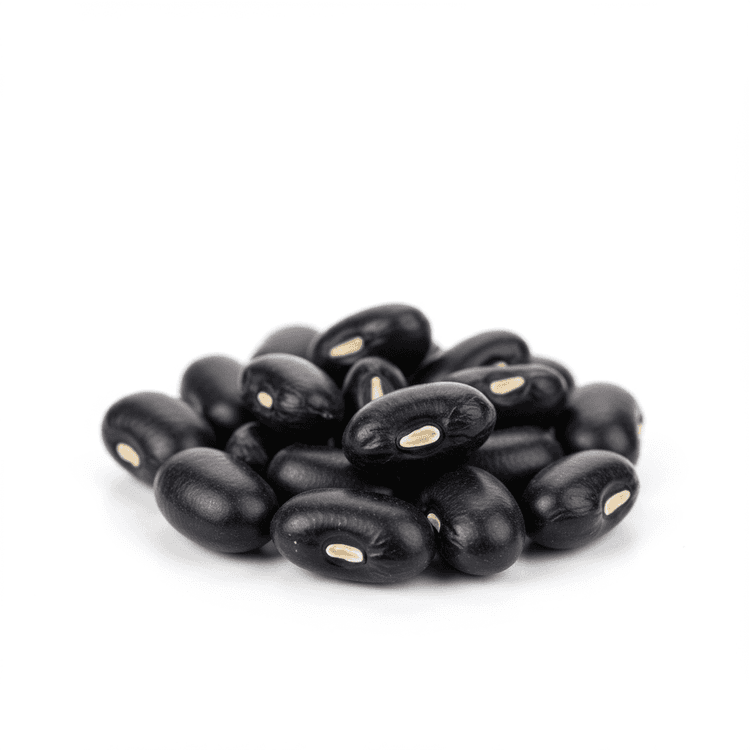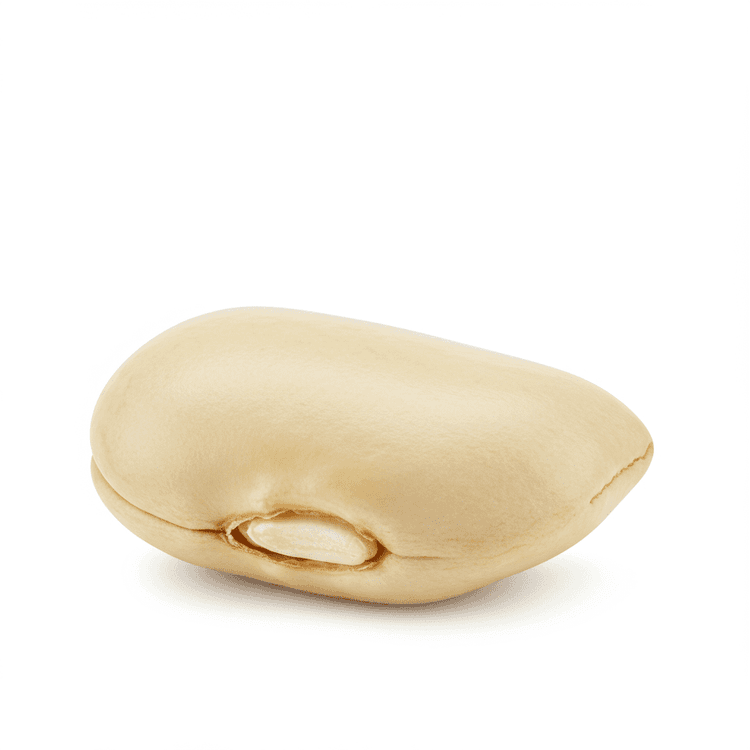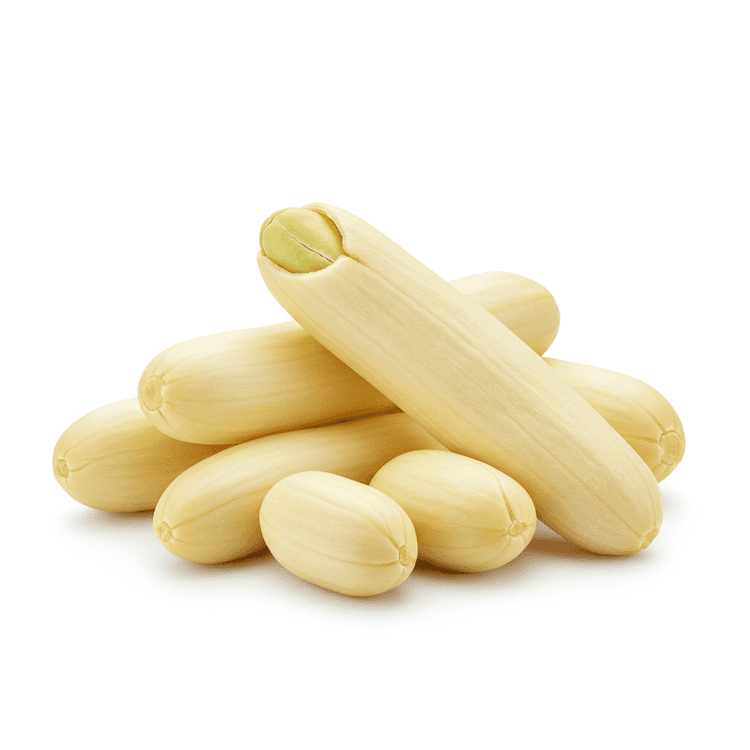
Black-Eyed Pea
Black-eyed peas, also known as cowpeas, are small, cream-colored legumes with a distinctive black spot resembling an eye. They have a mild, earthy flavor and a soft yet slightly firm texture when cooked, making them a versatile ingredient in a variety of dishes. Rich in protein, fiber, and essential nutrients, black-eyed peas are a staple in Southern and African cuisines, often used in hearty stews, salads, and side dishes. Their nutty taste and ability to absorb flavors make them a popular choice for vegetarian and vegan recipes, as well as traditional comfort foods.
Common Uses
- Add black-eyed peas to soups and stews for a protein-rich, hearty texture that complements vegetables and spices.
- Use black-eyed peas in salads, combining them with fresh herbs, citrus, and olive oil for a refreshing and nutritious dish.
- Prepare traditional Southern-style dishes like Hoppin' John, where black-eyed peas are simmered with rice, bacon, and spices.
- Mash cooked black-eyed peas to create a creamy dip or spread, seasoned with garlic, lemon juice, and olive oil.
- Incorporate black-eyed peas into vegetarian burgers or patties for a protein-packed, flavorful alternative to meat.
- Serve black-eyed peas as a simple side dish, seasoned with salt, pepper, and a drizzle of olive oil or butter.
Nutrition (per serving)
Nutrition (per serving)
Calories
114.0kcal (5.7%)
Protein
7.7g (15.4%)
Carbs
20.8g (7.56%)
Sugars
3.3g (6.6%)
Healthy Fat
0.3g
Unhealthy Fat
0.1g
% Daily Value based on a 2000 calorie diet
Nutrition (per serving)
Calories
114.0kcal (5.7%)
Protein
7.7g (15.4%)
Carbs
20.8g (7.56%)
Sugars
3.3g (6.6%)
Healthy Fat
0.3g
Unhealthy Fat
0.1g
% Daily Value based on a 2000 calorie diet
Health Benefits
- Rich in protein, supporting muscle growth and repair for active lifestyles.
- High in dietary fiber, promoting digestive health and aiding in weight management.
- Packed with essential vitamins like folate, which supports brain function and prenatal health.
- Contains iron, helping to prevent anemia and boost energy levels.
- Low in fat and cholesterol, making it heart-healthy and ideal for balanced diets.
- Provides antioxidants that may reduce inflammation and support overall wellness.
Substitutes
Chefadora AI is here.
Experience smarter, stress-free cooking.
Storage Tips
Store dried black-eyed peas in an airtight container in a cool, dry place, away from direct sunlight, to maintain their shelf life for up to a year. For cooked black-eyed peas, refrigerate them in a sealed container and consume within 3-5 days. If freezing, place cooked peas in freezer-safe bags or containers, ensuring they are fully cooled beforehand, and use within 2-3 months for optimal flavor and texture.
Marnirni-apinthi Building, Lot Fourteen,
North Terrace, Adelaide, South Australia, 5000
Australia


